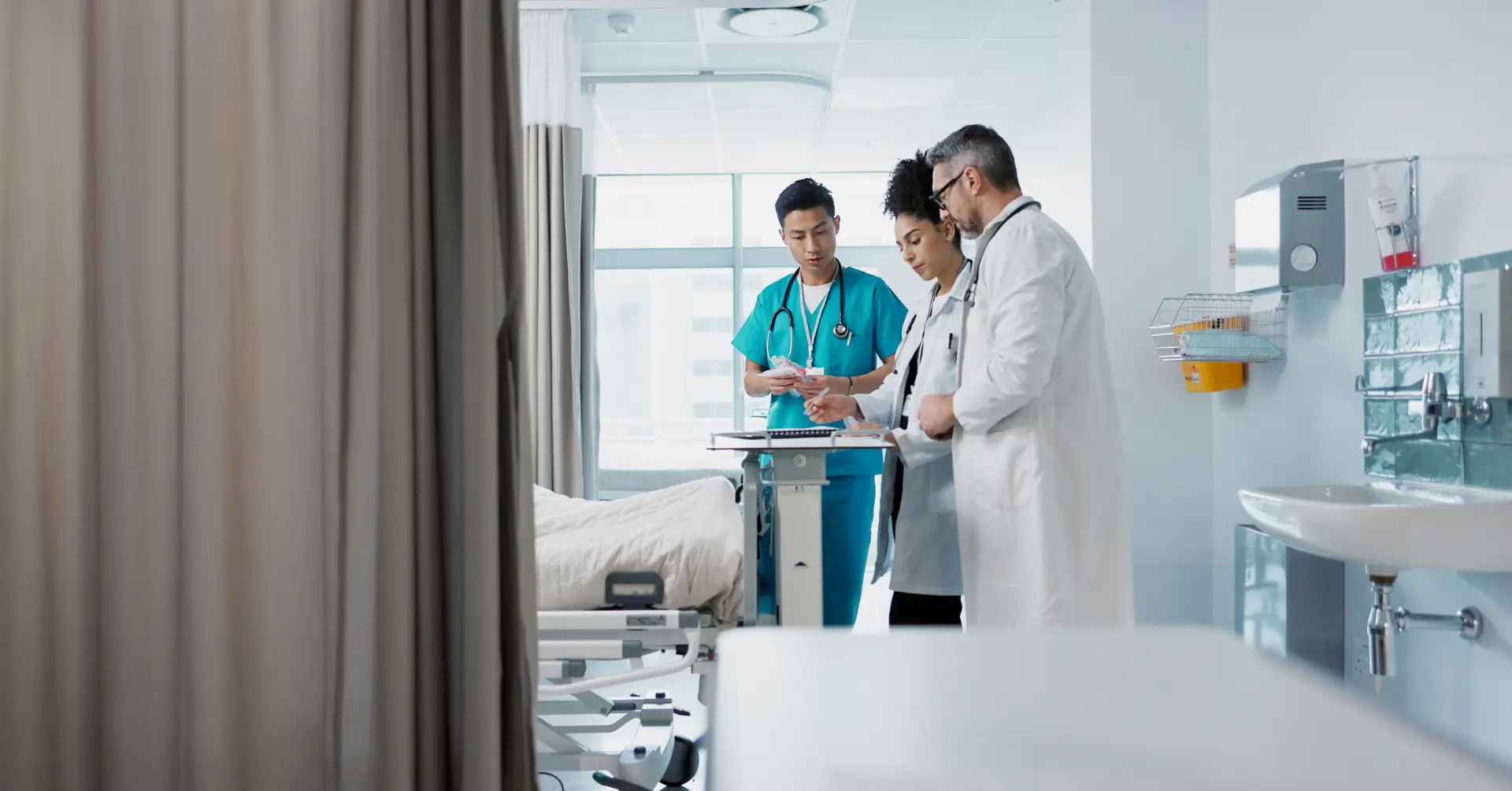Determining whether patients feel connected to their clinician is one of the biggest patient experience factors health care organizations face.
The AMA Code of Medical Ethics calls the clinical encounter between patient and clinician a fundamental “moral activity” arising from the need to provide patient care and alleviate suffering.
While easing suffering is indeed a moral imperative, the patient-clinician connection is important for several reasons, not the least of which is improving patient experience and loyalty.
With connection, patient outcomes improve, leading to shorter symptom duration and fewer readmissions. For the clinician, authentic connections with patients are an antidote for burnout.
Here are five suggested strategies for improving that connection and enhancing patient experience.
Patient Experience Connection Strategies
1. Display Empathy and Compassion Toward the Patient
Expressing empathy and compassion toward patients improves patient experience and satisfaction, closer adherence to medications, and better outcomes overall.
These two characteristics also engender trust and influence patient loyalty.
To foster empathy and compassion, clinicians must put themselves in their patient’s shoes and remind themselves of why they entered the field of medicine in the first place — to help and heal. Using simple techniques like making eye contact, actively listening, and asking questions effectively promote genuine connections.

2. Use Clinician Cards
Many patients don’t know who their primary clinician or team is. That’s where clinician cards can help. Clinician cards identify the point person and keep patients in the know. Clinicians should hand cards to patients at key times, such as admission and discharge.
Patient experience champions and leaders need to encourage the use of clinician cards. They are another way to forge a connection between patient and clinician and result in more responsive patients, especially as it applies to surveys and feedback.
3. Practice Dual Discharge
Dual discharge is when the clinician and nurse perform discharge communication together.
Dual Discharge Benefits
Dual Discharge Challenges
Read about the benefits of interdisciplinary teams
4. Perform Clinician Call Backs
Clinicians calling patients after clinical encounters is another effective way to connect with patients and improve patient experience.
It doesn’t have to be every patient. Clinicians can identify two or three patients per shift, making it a 10- to 15-minute commitment. Patients will appreciate the personal touch and feel more connected as a result. Callbacks are also often professionally satisfying, help mitigate risk, and provide opportunities for feedback.
5. Utilize Patient Texting Programs
Text messaging is a helpful avenue to reach more people efficiently. Texting makes it possible to contact all discharged patients and is a convenient method for people to reply. It’s also a way to gather information on patient experience and the impact of care.
Text messages must comply with HIPAA rules if they contain a patient’s protected health information (PHI), so be sure you use a secure service provider to prevent breaches. It’s also best to get the patient’s consent. Messages you convey can include appointment reminders, post-op and post-discharge instructions, prescription reminders, and lab results.
Related Blog: Patient Loyalty Guide – 5 key resources to help health care leaders and clinicians drive patient experience and satisfaction and gain ongoing patient loyalty
Patient Experience Connection Strategies
Creating meaningful patient-clinician connections and improving patient experience doesn’t occur haphazardly. It requires intention, training, and regular follow-up.
Provide Proper Training
Identify procedures for each connection strategy, describing how they work and what people need to do. Share the goals of each strategy with the entire team, including nurse managers, nurses, and all other clinical staff members. Then, track the use of strategies for both individuals and teams.
Highlight Connection Strategy Impact
Check-in at regular intervals to discuss the impact of patient experience connection strategies and procedures on the clinical care team and patients.
Wrap Up
The patient-clinician relationship is vital to meeting a patient’s medical needs and fostering improved patient experience. Constructive connections correlate to positive patient outcomes and increased morale for clinicians and staff, reducing burnout.
At SCP Health, we understand the value of connection. That’s why we build patient-centered operational foundations across the entire care continuum, from primary care to emergency medicine, hospital medicine, critical care, and more.






